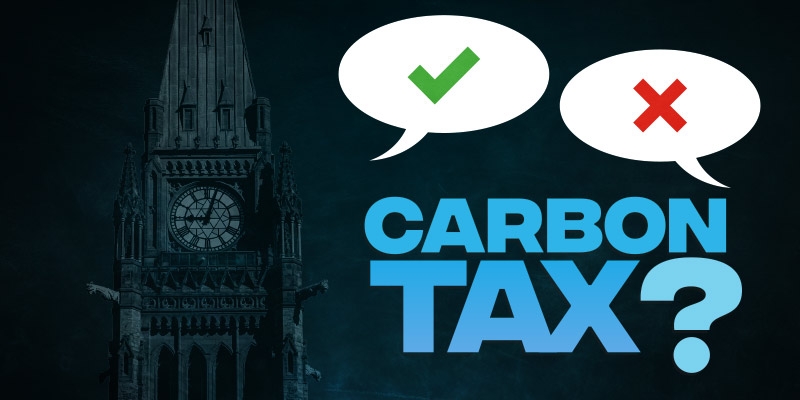Can the Carbon Tax Be Reformed or Not?

With the federal carbon tax set to rise from $65 to $80 per tonne on April 1, two new essays—published today by the Fraser Institute—make two opposing arguments, to retain the tax (after fixing it) and to scrap the tax.
According to the first essay, Reforming the Federal Government's Carbon Tax Plan, the government should reform the tax to mitigate its negative economic impacts so the tax simply replaces—and doesn’t add to—other government regulations and mandates meant to reduce greenhouse gas (GHG) emissions. Also, the carbon tax should be “revenue neutral”—that is, the tax should generate no new net revenue for the government. Currently, only 90 per cent of carbon tax revenue is rebated to taxpayers.
According to the second essay, Carbon Tax Is Beyond Redemption, the federal government should eliminate the carbon tax because real-world examples show that governments both in Canada and Europe have failed to implement sound, well-designed carbon taxes. Most are not revenue neutral, not imposed uniformly among industries, and remain layered on top of other costly regulations and mandates, negating the theoretical benefits of the tax.




